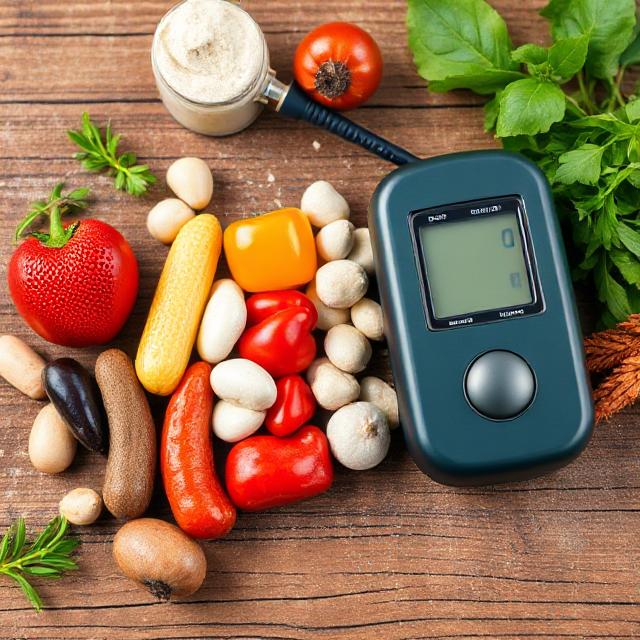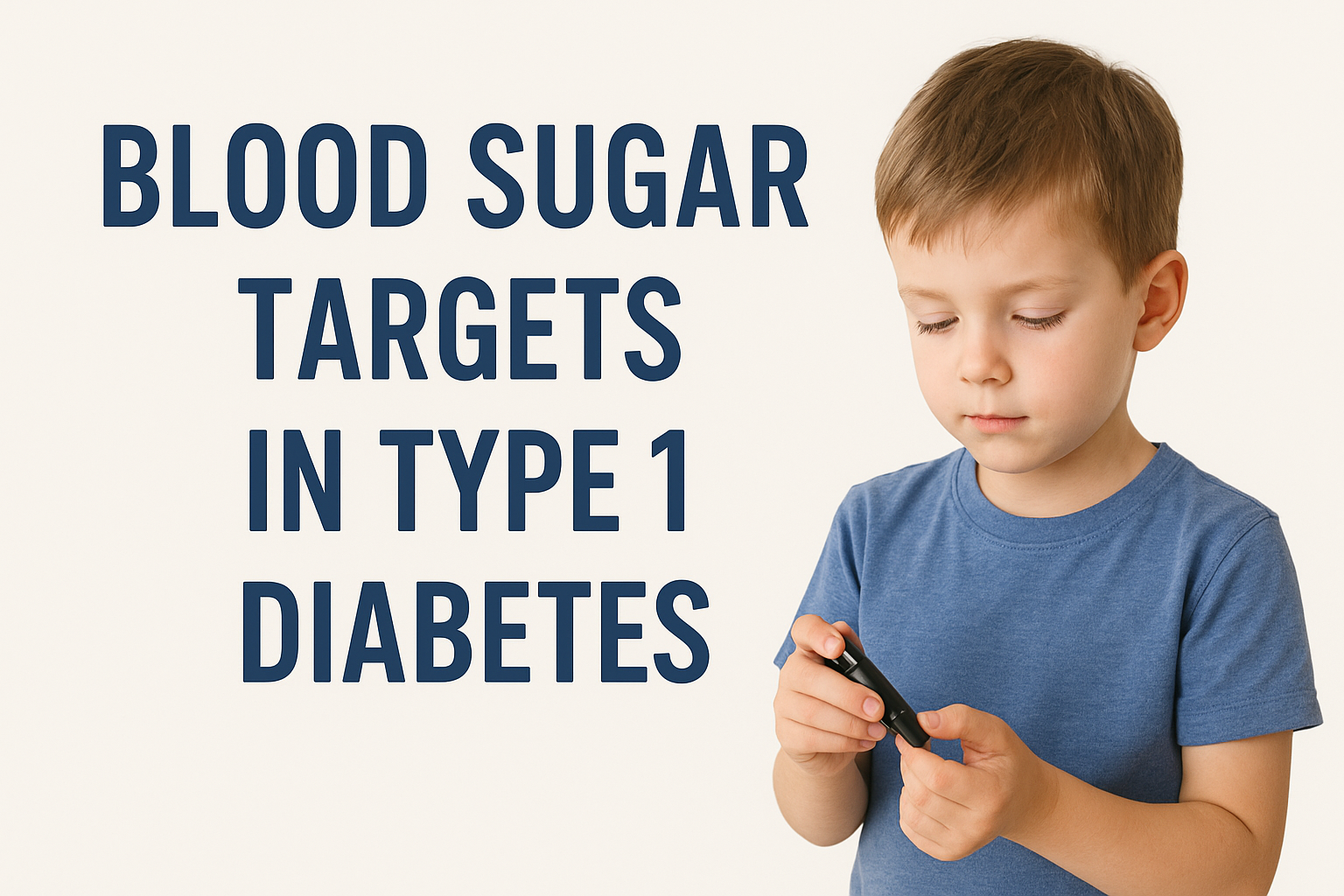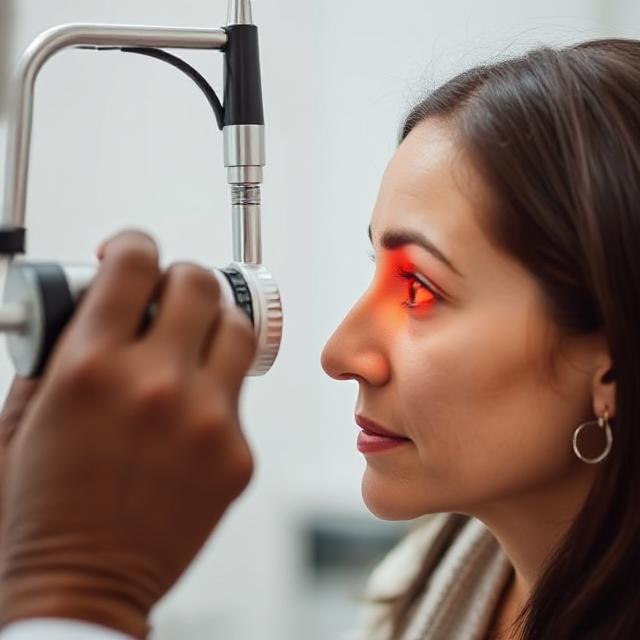High blood pressure, or hypertension, is a major risk factor for heart disease, stroke, and other serious health problems. While many people turn to supplements to boost their health, not all supplements are safe for individuals managing high blood pressure. In fact, some can actually worsen hypertension or interfere with medications. In this blog, we’ll explore which supplements you should avoid if you have high blood pressure — and why.
Understanding the Relationship Between Supplements and Blood Pressure
Supplements are often marketed as “natural” solutions for health, but “natural” doesn’t always mean “safe.” Some ingredients in common supplements can:
- Raise your heart rate
- Increase your blood pressure
- Interact dangerously with prescribed blood pressure medications
Before starting any new supplement, it’s crucial to consult with your healthcare provider, especially if you’re managing hypertension.
Top Supplements to Avoid If You Have High Blood Pressure
1. Bitter Orange (Citrus Aurantium)
Often used in weight loss products, bitter orange contains synephrine, a compound similar to ephedra (which is banned in many countries). Synephrine can narrow blood vessels, leading to an increase in blood pressure and heart rate.
Key Risk: Higher chance of heart attack, stroke, and serious blood pressure spikes.
2. Licorice Root
While licorice root is popular for treating digestive issues and sore throats, it contains glycyrrhizin, which can cause potassium levels to drop and sodium levels to rise. This imbalance can lead to increased blood pressure.
Key Risk: Can trigger dangerous hypertension and even cause heart rhythm abnormalities.
3. Ephedra (Ma Huang)
Although ephedra has been banned in many countries, it still appears in some imported or poorly regulated supplements. Ephedra stimulates the nervous system, causing significant increases in both blood pressure and heart rate.
Key Risk: Severe hypertension, heart attacks, and strokes.
4. Yohimbine
Found in products marketed for sexual health or weight loss, yohimbine can cause the body to produce more adrenaline. This leads to elevated blood pressure, anxiety, and rapid heartbeat.
Key Risk: Dangerous blood pressure spikes and heart rhythm issues.
5. Caffeine-Containing Supplements
Supplements that are rich in caffeine — like guarana, yerba mate, or green tea extract — can temporarily raise blood pressure and make hypertension harder to manage.
Key Risk: Increased heart rate and long-term blood pressure elevation if consumed regularly.
Supplements That Might Help Blood Pressure (With Medical Advice)
Not all supplements are harmful. Some, like potassium, magnesium, omega-3 fatty acids, and coenzyme Q10 (CoQ10), have shown potential in lowering blood pressure. However, these should only be used under a healthcare provider’s supervision to avoid complications or interactions.
Tips for Safe Supplement Use with High Blood Pressure
- Always read the label for hidden ingredients.
- Consult your doctor or pharmacist before starting any supplement.
- Avoid products promising rapid weight loss or increased energy, as these often contain stimulants.
- Stick to reputable brands that provide third-party testing.
Final Thoughts
Managing high blood pressure requires a careful balance of lifestyle choices, medications, and supplement use. While some supplements may support heart health, others can be dangerous and even life-threatening for individuals with hypertension. Always prioritize safety by consulting with healthcare professionals before adding any supplement to your routine.
Your heart deserves the best care — be smart, be safe, and stay informed.




